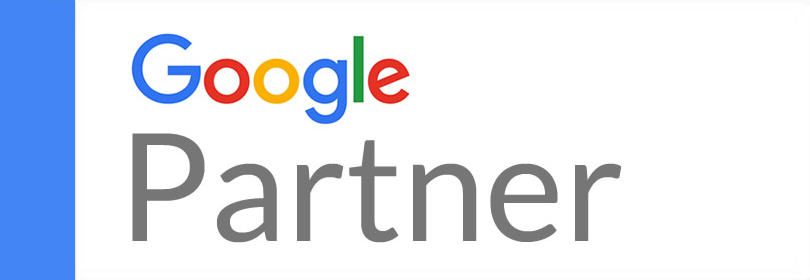Facebook is expanding its support of Facebook Messenger. Currently, the company is doing closed beta testing for businesses that would like to integrate Facebook Messenger into their website. While this may sound like a strange and unnecessary idea, there are reasons a company would want to take advantage of this Facebook Messenger feature once it is released to the general public.
The idea behind this expansion of Facebook Messenger is that 1.2 billion people use it. By giving companies the option to add Facebook Messenger to their websites, Facebook is giving businesses the ability to tap into that market. If Facebook is successful in developing Messenger beyond Facebook’s website and the Messenger app, many companies will replace their own chat with support feature with Facebook Messenger.
Why would a company want to use Facebook Messenger on its website?
While replacing your website’s current chat feature with Facebook Messenger isn’t going to magically get you 1.2 billion leads, it will make it easier for customers to get your responses to their questions. One helpful feature of Facebook Messenger for business is that, if your employees are unable to respond right away, customers can ask a question and continue that conversation later through the app or on Facebook, which means that customers no longer have to log back into your website to continue a conversation. This makes your support desk a little more user friendly for Facebook users.
By integrating Facebook Messenger into your website, you also can take advantage of all the features currently available to Messenger users. However, there are two major downsides for companies that provide tech support. Unlike other chat systems on the market, Facebook Messenger doesn’t have the ability to redirect a customer’s question to the right person and lacks many analytical tools that programs made specifically for customer interaction have already built in.
Once beta testing is finished, we’ll be able to get a better look at how fast and if Facebook Messenger catches on as a replacement for current chat systems.


